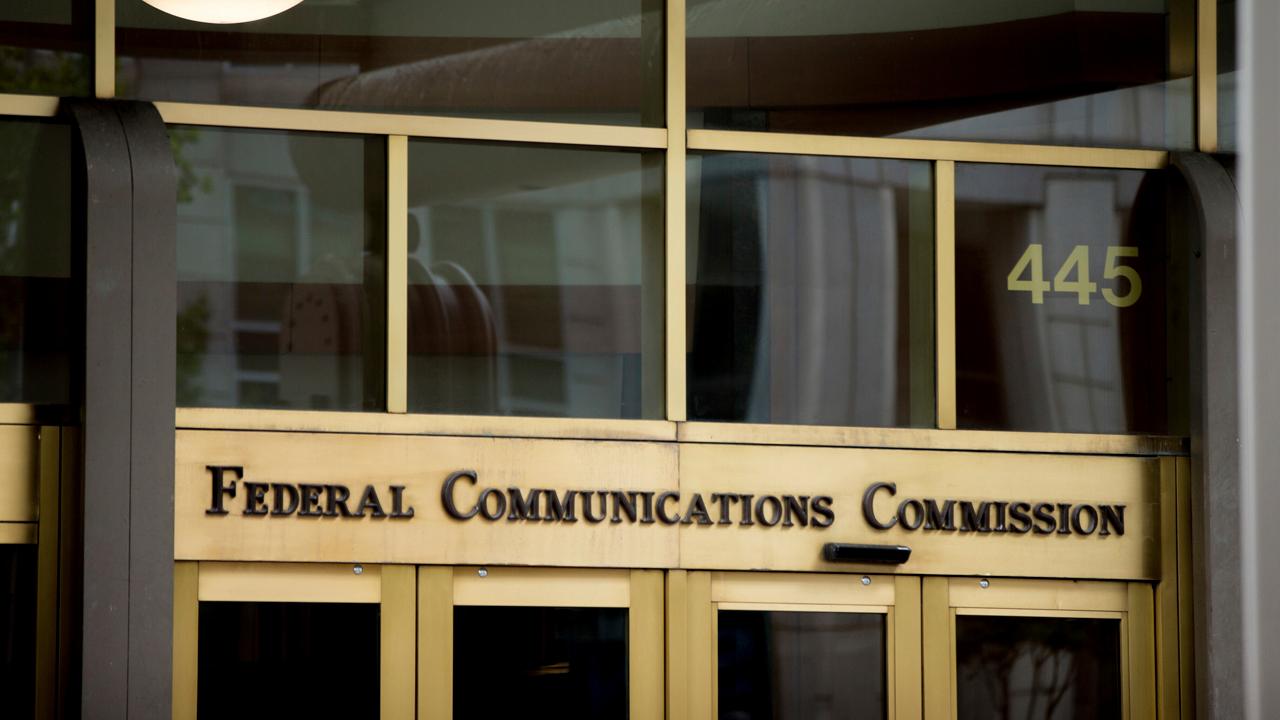FCC Chair: Taking Page from Clinton-Era on Regulation
President Trump’s anti-regulatory stance continues to be at the forefront of the administration’s policies as the Federal Communications Commission (FCC) is looking to roll back the Obama-era net neutrality rules.
The 2015 regulations bar internet service providers from creating so-called “fast lane” connections.
In an exclusive interview with FOX Business’ Trish Regan, FCC Chairman Ajit Pai said allowing the free market “control” the internet is better for consumers and will lead to more competition.
“The core question is who do you want to control how the internet operates – if you want it to be bureaucrats or lawyers in Washington, then you adopt heavy handed rules that were inspired to regulate the Ma Bell monopoly in the 1930s. But if you want a more market-orientated approach, the approach that has produced the internet economy that’s the envy of the world, then you want light-touch regulation. You want the market making those decisions and for the government to step in when there’s a particular problem,” he said.
According to the FCC Chairman, the “light-touch regulatory” approach that was established during the Clinton presidency will allow companies such as Facebook (NASDAQ:FB), Google (NASDAQ:GOOGL) and Netflix (NASDAQ:NFLX) to grow and thrive.
“First and foremost, it will lead to more investment in infrastructure by the companies that build the nuts and bolts of the Internet. Secondly, it will lead to more competition. What we've heard is that some of the smaller companies that were looking to build these networks have either held back on investments or stop investing altogether because of these regulations,” he said.
Pai said he has seen no evidence supporting consumers’ concern of paying more to watch their favorite shows on platforms such as Netflix if the net neutrality rules are repealed.
“One of the things we want to do going forward is to make sure there is more competition and the way to do that is to inspire more investment by more companies looking to build those networks that I think is the best way to ensure price competition,” he said.
Pai also weighed in on the FCC’s commitment to enforcing policies that provide a competitive medium market.
“I've consistently said that we need to take a realistic view of what the video marketplace is like and take a look at all of the competitors in that space and try to figure out the market structure in order to decide, you know, whether or not a particular deal should go forward or whether regulations need to be adjusted to match the realities in the modern world,” he said.




















